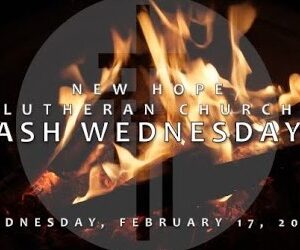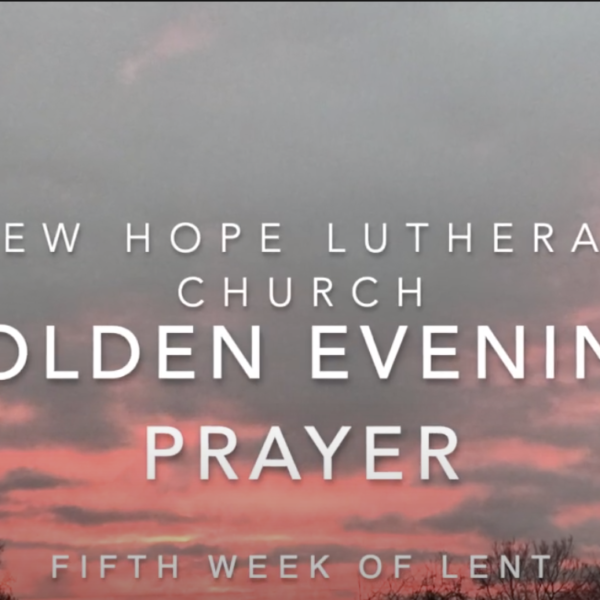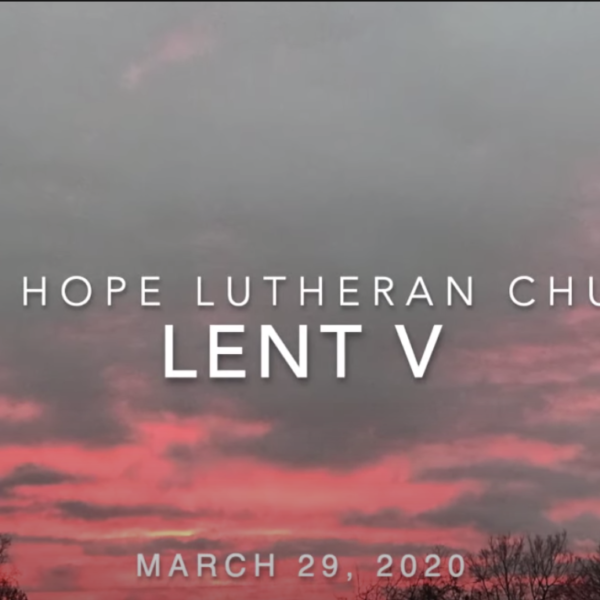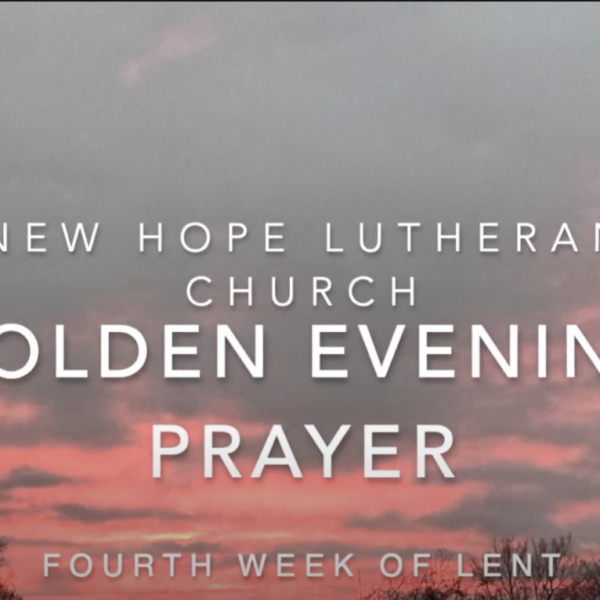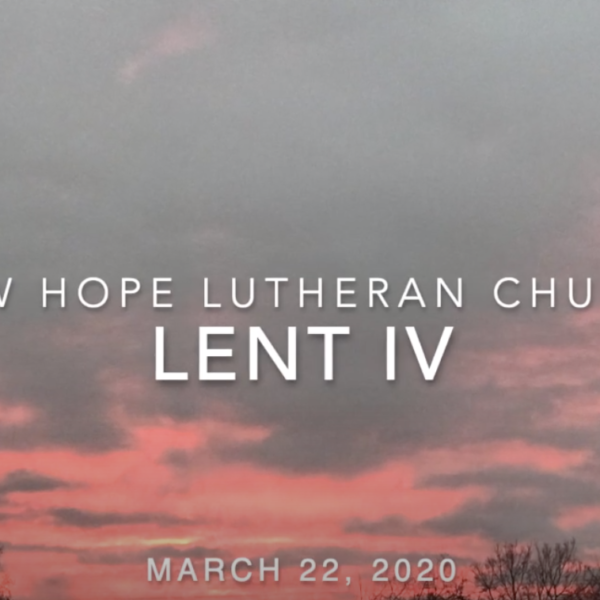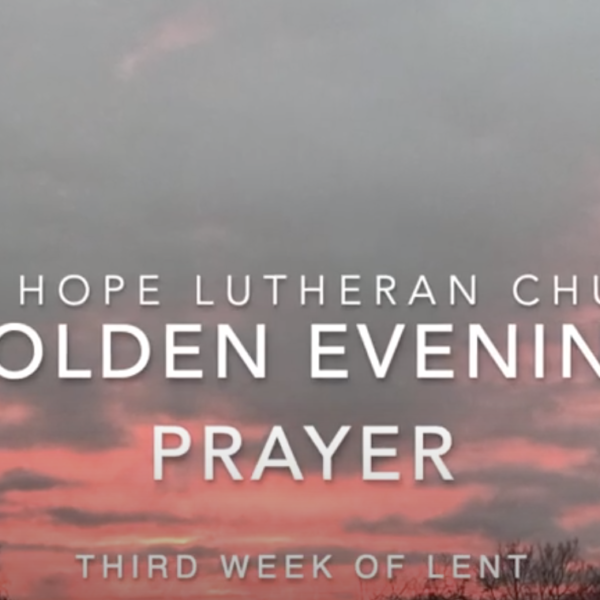Ash Wednesday 2021
Please pray with me this evening, church:
Holy God,
We come to you tonight
A rough people.
A bit stressed. A bit strained.
A bit tired. A bit worn.
Remind us of what and of whose we are.
Remind us that we are dust.
Lovingly formed and given breath by you.
Amen.
—————
For a year that has been so strange and historic in so many ways…I’m not sure why I’m surprised that Ash Wednesday 2021 would be just as unusual as the rest.
Like many of you, I’m sure, I’m really ready for a little bit more “precedented” in my life. I’ve had just about all of the “unprecedented” I can stand. For like, a lifetime. Maybe several lifetimes.
This Ash Wednesday service is coming to you in the midst of, but on the trailing end of, an arctic blast that dipped down all the way through the US, but that ended up devastating the Texas energy grid. Millions are without power in some of the most dangerous temperatures on record.
I don’t need to tell you about all this. You’re all living it right now.
But it is my role to help us discover together where God is in the midst of all of this, right?
Ash Wednesday marks our entry into the season of Lent. A 40-day journey that begins with a reminder of our origins as people crafted from dust, and ends with a dynamic crescendo of Jesus’ crucifixion, death, and glorious resurrection.
This season, we’re using a resource from a sanctified art called Again & Again: A Lenten Refrain. The artists and curators write:
In Lent, we’re reminded that, again and again, suffering and brokenness find us. We doubt again, we lament again, we mess up again. Again and again, the story of Jesus on the cross repeats—every time lives are taken unjustly, every time the powerful choose corruption and violence, every time individuals forget how to love. With exacerbation we exclaim, “Again?! How long, O God?” And yet, in the midst of the motion blur chaos of our lives, God offers a sacred refrain: “I choose you, I love you, I will lead you to repair.” Again and again, God breaks the cycle and offers us a new way forward.
This Ash Wednesday we’re reminded of the familiar refrain of the seasons of our lives. We’re reminded of the heartache, the betrayals, the ways we’ve messed up, the ways we’ve wronged others. We’ve done so before, and we’ll do so again.
But we’re also reminded of how God has shown up in the midst of all of that. We’re reminded that God was present then, has been present throughout, and we hope and we trust that God will be present in all the other times we’ll keep messing up.
Because that’s what God does.
As we sit here tonight, many of us without power or water, I’m reminded of disasters. Hurricanes, tornadoes, novel coronaviruses…and even arctic blasts. I’m reminded that we’re really good at disasters, church. You show up. In big ways.
When we put the call out that people were in need, we had more offers to help than we had need. Even those of you who were yourself dealing with no heat or no water were reaching out and asking “How can I help?”
This is the love of God, church.
This is what God created us for.
To reach out. To help. To give. To love. To loose the bonds of injustice. To remove the yoke of oppression. To fill hungry bellies. To clothe and shelter the poor.
This is what we’re good at.
This is what you’re good at.
That cross that will mark your forehead is a reminder of your mortality, yes…but honestly, this year, I just don’t think we need that many more reminders of our impermanence…death seems especially present this year……but that cross is also a reminder to you about whose you are. The One who has laid claim to your life. Who has called you according to their purpose.
In the waters of baptism, you were claimed by God, marked with that same cross on your forehead, and called by God to live lives of discipleship.
That cross on your forehead is a reminder that what you’re doing now, helping others, reaching out, doing what you can…this is what you are made for. This is what God formed you from dust to do.
Not in a showy way, or a pious way…but simply because that’s what you are created for.
—–
As we begin this journey through Lent, it feels helpful to take a deep breath. To pause from all the zillion different things on your to-do list, all the zillion different things running through your head, and take a moment to breathe. To breathe in God. To breathe in the very breath that breathed into the dust, formed you into life, and called you “Very good.”
We’ve been running breathless.
Take a moment to breathe.
“Remember, o mortal one, that you are dust…and to dust you shall return…”
These words—spoken to us when we receive ashes on our foreheads—remind us of our humanity. So in full honesty, make a list of 5-10 challenges you are struggling with, recognizing that life is messy and life is complicated. Name anything that is hard or heavy in this moment.
Write them down on a piece of paper or in your journal or whatever you have available.
Challenge yourself to think of the core emotion underlying each challenge. For example, instead of simply saying, “I’m busy,” perhaps you might confess: “I overcommit myself because I worry that others will think I’m selfish if I say no.”
Name your challenges and your confessions, offering them all to God.
Take a moment to look over your list.
Ask God for forgiveness for the things you can control.
Ask God for grace for the things you cannot.
Friends, God is intimately aware of our humanity and the many ways we fall short or get stuck in the weeds of our own problems. Having confessed and written down some of the challenges that weigh heavily on you, hear this poem from the Rev. Sarah Are as a reminder of God’s grace:
I like to imagine that each year,
God invites me to a party.
God drops me a note that says,
“No gifts, casual dress. Come just as you are.”
I like to imagine that I am brave enough to go.
I like to imagine that I decide that I am worth it.
This was no pity invite,
There is no obligatory postage.
God wants me there.
So I get myself together,
Smudged glasses, sensitive ego, wrinkled shirt, and all.
I ring the doorbell a few minutes late on account of the fact that
I lost my keys twice trying to get out the door,
And I almost turn back to hide in my car,
Afraid that I might embarrass myself over appetizers or small talk.
But then God answers the door,
And God says, “You’re here!”
And I smile, because I am.
And with every step past that threshold,
I know that God is cheering me on.
It’s the pride of a parent watching their child take their first step.
If I freeze, God is not disappointed.
If I fall, God is not mad.
But if I trust the invitation,
If I move closer,
I know, God celebrates.
Friends, you’ve got mail.
It’s an invitation to dust off your shoes,
To go deeper,
To trust that you’re worth it,
To lose your keys and your faith,
And then to find them both, along with your worth.
You are invited.
We are invited.
Again and again and again.
This invitation is for you.
Church, now having heard scripture and poetry, and named the challenges you are facing, I wonder if you would now write down 5-10 hopes you have for this Lenten season.
How might you live your life with intention this season?
As you write, consider these written hopes to be intentions that you are setting for this Lenten journey ahead. These are not intended to be aimless wishes on stars, but instead, thoughtful intentions for what Mary Oliver calls, “your one wild and precious life.”
Now, looking at your challenges and hopes…pray with me:
God of open doors,
Open arms,
And open conversations,
We know
Deep in our souls
That you are forever inviting us in.
Again and again,
You invite us to take another step closer,
Another step deeper,
Another step further,
In this journey of faith.
So with your invitation in our hands,
We pray for strength and wisdom.
Show us the next right step in this journey.
We are here.
You are here.
This is holy ground.
May this holy Lenten journey begin
Once again.
Gratefully we pray,
Amen.
